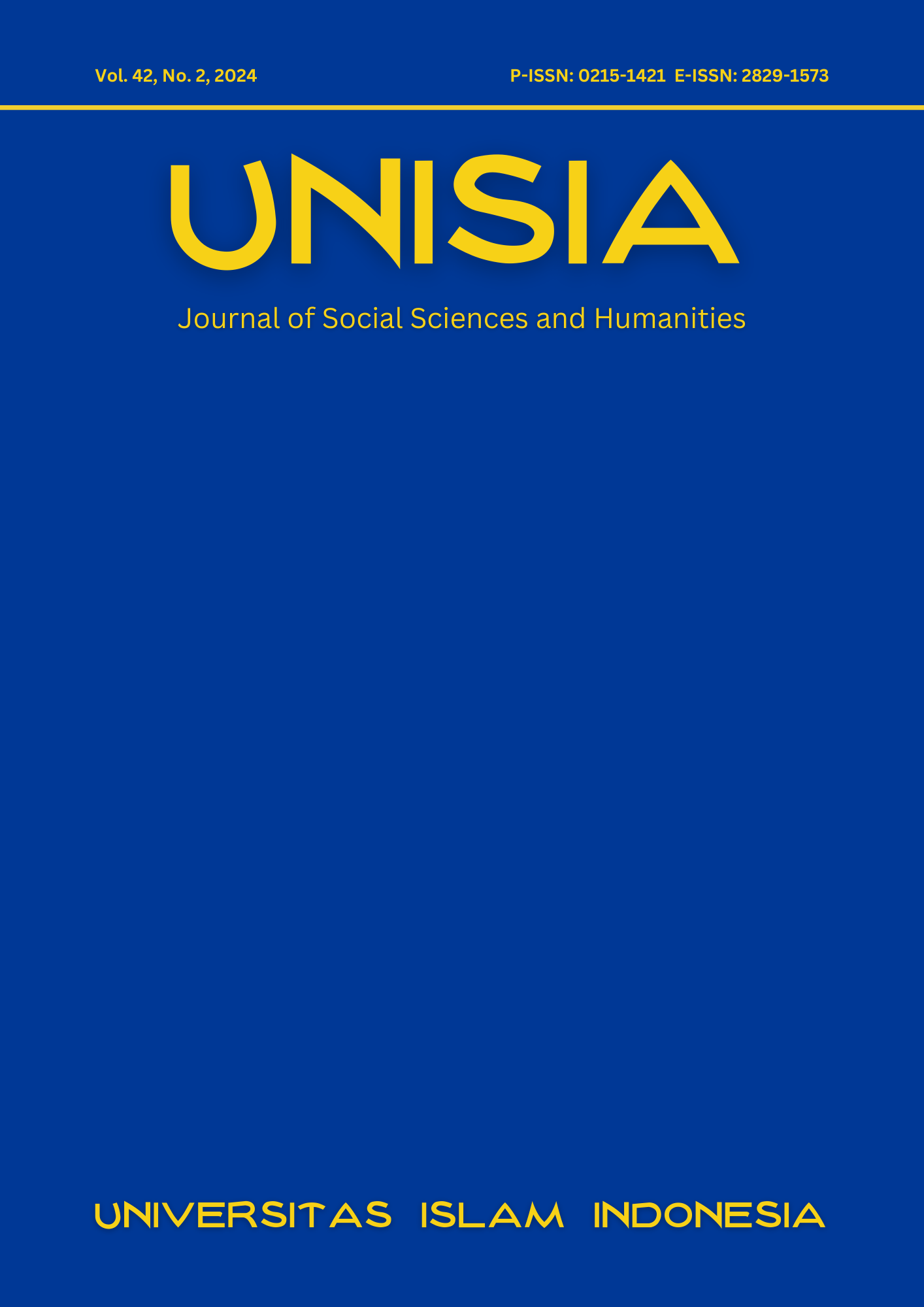Main Article Content
Abstract
For many people it seems to be a simple and resolute strategy to reject the justification of the Humanities as part of a university curriculum so that money, time, and energy could be saved for more important matters leading directly to a career beyond college. Emotions such as erotic love are, so they say or imply, irrelevant for our postmodern society and don’t need to be studied in whatever discipline. Instead, we must work toward figuring out how to engage with economic issues, how to develop new technologies, how to ensure high employment rates, and how to make the money flow in a stable process. All this, however, ignores what really matters in our existence here on earth, primarily love, a force that tantalizes, confuses, paralyzes, and stuns us whenever it occurs, and it elates and inspires us, giving us happiness and sorrow, pain and excitement, all depending on the circumstances. As this paper will argue, perhaps carrying the proverbial owls to Athens, without love, there is no real life. The entire discourse of love since late antiquity, throughout the Middle Ages, the Renaissance, and subsequently until today, has always forced us to acknowledge the essence of human existence, fundamentally predicated on the notion of love, unrequited or fulfilled, in marriage or in an extramarital relationship. The literary discourse demonstrates that throughout time, the interest in the topic of love has been a universal concern, and keeping that in mind, we suddenly hold the most powerful tool in our hand to defend the Humanities within the academic framework. The key consists of the realization that there is hardly anything more important to study at any level of people’s lives than love because it provides meaning, happiness, relevance, and community. Of course, it is important also to keep in mind a number of other values and ideals, such as justice, humility, fairness, tolerance, and then also, at least for some people, love of God, and fear of death. There are many media to reflect on love, but poetry has commonly been the most crucial narrative platform to explore this highly complex and challenging phenomenon and to provide expression and imagery for the ineffable experience that is certainly with us, whether people acknowledge it or not. After some reflections on what constitutes the core responsibility of research and teaching in the Humanities, this paper examines a small selection of diverse love poems from two time periods to illustrate their deep and universal impact on human existence and, hence, their relevance for all of us.
Keywords
Article Details
Copyright (c) 2024 Albrecht Classen

This work is licensed under a Creative Commons Attribution-ShareAlike 4.0 International License.
- Authors retain copyright and grant the journal right of first publication with the work simultaneously licensed under a Creative Commons Attribution License that allows others to share the work with an acknowledgement of the work's authorship and initial publication in this journal.
- Authors are able to enter into separate, additional contractual arrangements for the non-exclusive distribution of the journal's published version of the work (e.g., post it to an institutional repository or publish it in a book), with an acknowledgement of its initial publication in this journal.
- Authors are permitted and encouraged to post their work online (e.g., in institutional repositories or on their website) prior to and during the submission process, as it can lead to productive exchanges, as well as earlier and greater citation of published work.




